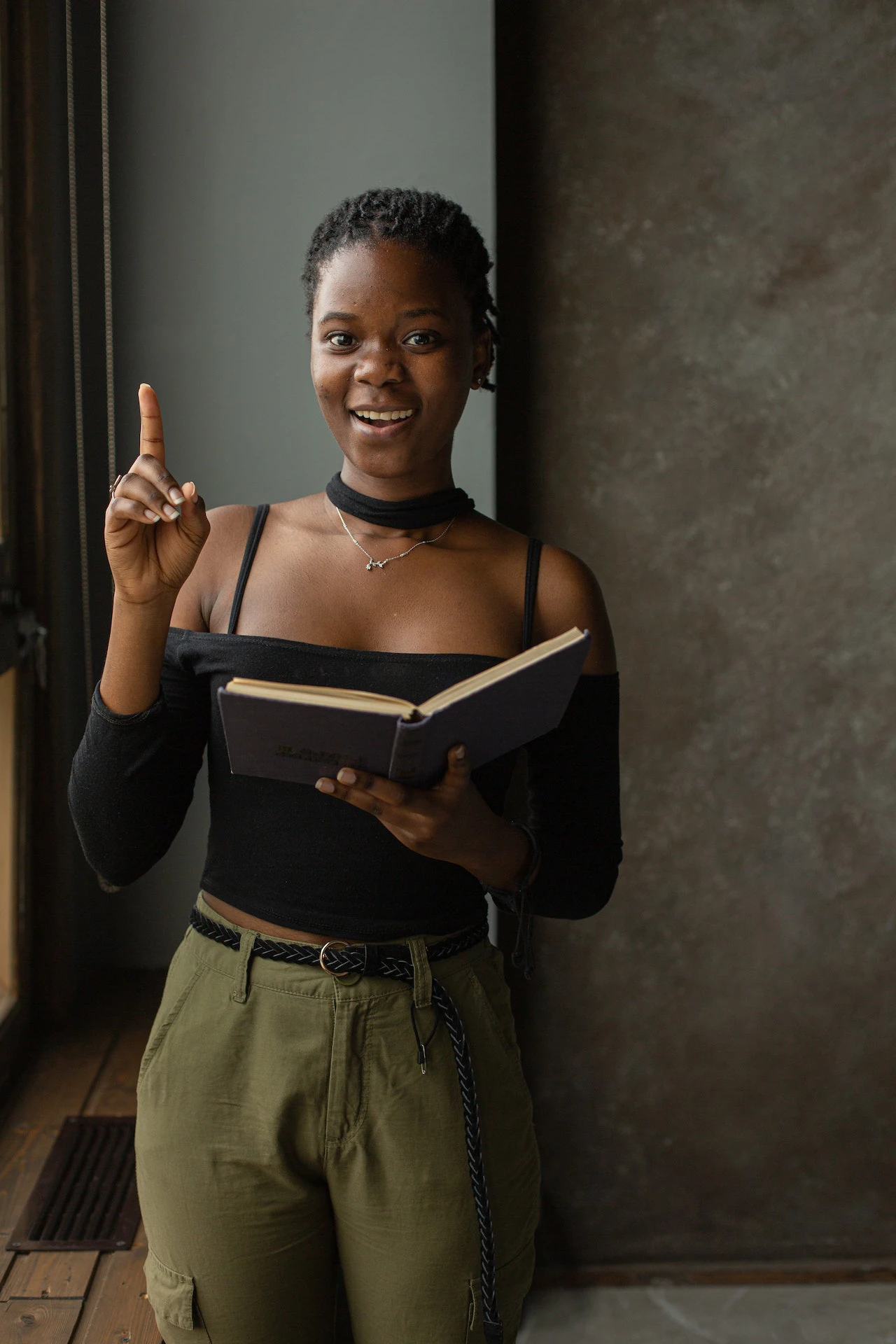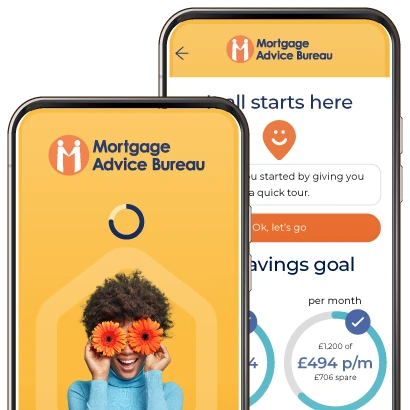Buying a home often requires a substantial amount of money to be spent upfront, with most lenders asking for a minimum of 5%. For many prospective homeowners, this can present something of an unrealistic goal, as saving large sums of money can take years.
However, there has been a gradual increase in the number of products available that require little or no deposit, making homeownership a more accessible goal for many. Let’s explore the options available, examining the benefits and drawbacks of these types of mortgages, and whether they may be right for you.
No deposit mortgages
Saving for a deposit can be overwhelming when you factor in daily living expenses, the price of utilities, and the fact that we’re currently in a cost of living crisis. Getting a mortgage with no deposit can be tricky, but it’s not impossible.
While there are new mortgage products emerging everyday, one of the most reliable ways to get a 100% mortgage is through a guarantor. A mortgage guarantor will use their own home or savings as security, but this means that if you fall too far behind on repayments, their home could be repossessed. If they’re using their savings, they will not have access to these until you’ve paid off a certain amount of your mortgage.
If you’re looking for a 100% mortgage then you must ensure that your credit score is as good as it can be, you have a regular source of income, and you have little to no debt. Lenders will want to see evidence that you can afford your monthly payments and while there aren’t many options available to support this, having a good track record of paying your rent on time can help you get a mortgage.
The disadvantages of guarantor mortgages
One of the most notable disadvantages of guarantor mortgages is that you need to not only find someone who would be willing to help, but there is an inherent risk to them if you can no longer meet your monthly repayments. If you fail to make your repayments, their assets will be at risk, and the default on the payment will reflect on both your credit scores.
It is also likely that your interest rate will be higher compared to deposit-based mortgages and there is always a risk with 100% mortgages of negative equity.

We always advise working with a professional in the mortgage industry if you want to get a mortgage with no deposit. If you do have some money saved up, it’s worth speaking to a mortgage broker to discuss your options for securing a mortgage with a low deposit.
Low deposit mortgages
If you have some money saved up, but not the full amount for the deposit for your chosen property, there are more options available to you:
95% mortgages
A 95% mortgage allows you to borrow 95% of the value of a property from a lender, whilst the remaining 5% is covered by your deposit. With a 95% mortgage you could have access to more lenders, lower interest rates, and less risk of negative equity.
Shared Ownership
Shared ownership allows you to buy a share of a property and pay rent on the remaining share. The share you purchase will usually be between 25% and 75%, however, there are some deals that let you buy shares for as little as 10%1, and the required deposit will likely be around 5-10% of the share you’re buying.
The main benefit of shared ownership is the affordability, because you’re only buying a percentage of the property. It is mainly intended for first time buyers, although the option is open to anyone wanting to buy a home. One requirement, however, is that your household income must be £80,000 or less (£90,000 or less in London.) If you want to buy more shares in your property, it is important that you check with your lender about restrictions on how much you can purchase.
First Homes Scheme
The First Homes scheme is a government programme aimed at first time buyers. The scheme allows you to buy a home for 30% to 50% less than the market value of the property. To purchase a home as part of this scheme, you should look for developers advertising properties as part of the First Homes scheme. To ensure that the properties are accurately valued, they must be evaluated by independent surveyors.
Some of the requirements to take part in this scheme are as follows:
- The home cannot cost more than £250,000 (£420,000 in London) after the 30-50% discount has been applied
- Must be a first time buyer
- Be able to get a mortgage for at least half of the price of the property
- Total household income is no more than £80,000 before tax (£90,000 before tax if the property is in London)
- Requires a deposit of at least 5% of the discounted price
Some councils may prioritise buyers who already live in the area, key workers, and those on lower incomes.
Calling all first time buyers
There's nothing better than feeling as prepared as possible, and getting a mortgage sometimes means having to learn some new things. We have a handy first time buyers guide that you can use to get started.
What you can do about it
It’s especially important to speak to a mortgage adviser to fully understand the options available to you. They can help you navigate the different types of low or no deposit mortgages, identify the lenders who are most likely to approve your application, and help you find the most suitable deal for your circumstances. They can also provide valuable insights into the potential risks and rewards of borrowing with little or no deposit, as well as look into the full scope of options available to you, ensuring you make an informed decision about your mortgage.
Getting a mortgage with a good track record
New mortgage deals are always hitting the market. For the latest news and opinions from industry professionals, check out The Corner Office with our industry experts.
These types of mortgages can be an attractive option for those looking to get on the property ladder without a substantial deposit saved. They allow those who have a good track record of paying your rent on time to help get a mortgage. However, they do tend to come with some drawbacks, including stricter lending criteria and higher interest rates, fees, and monthly repayments.
At the end of the day, mortgages are not a one-size-fits-all product, and what works for one person may not work for you. Determining whether a specific mortgage is the right choice will depend on your financial situation, long-term goals, and risk tolerance. As with any significant financial decision, it’s important to speak to an adviser, and consider all the pros and cons before committing.
Get in touch with one of our expert mortgage advisers to talk through the options available to you.
References:
Important information
Your home may be repossessed if you do not keep up repayments on your mortgage.
There may be a fee for mortgage advice. The actual amount you pay will depend on your circumstances. The fee is up to 1% but a typical fee is 0.3% of the amount borrowed.
Related Articles
Busting the myth of the big deposit
You can get on the property ladder without a large deposit. Here's how.
690 views | 2 years ago
Common fears and concerns of first time buyers
Don't let first time buyer fear hold you back from owning a home. Read our guide to common house buying fears to learn how to best to conquer them and ease your nerves.
2810 views | 2 years ago
What is a gifted deposit?
A gifted deposit can help you reach your dream home sooner and open doors that may have once been closed. Learn how a little family support can make a big difference.
710 views | 1 year ago
No posts currently available







